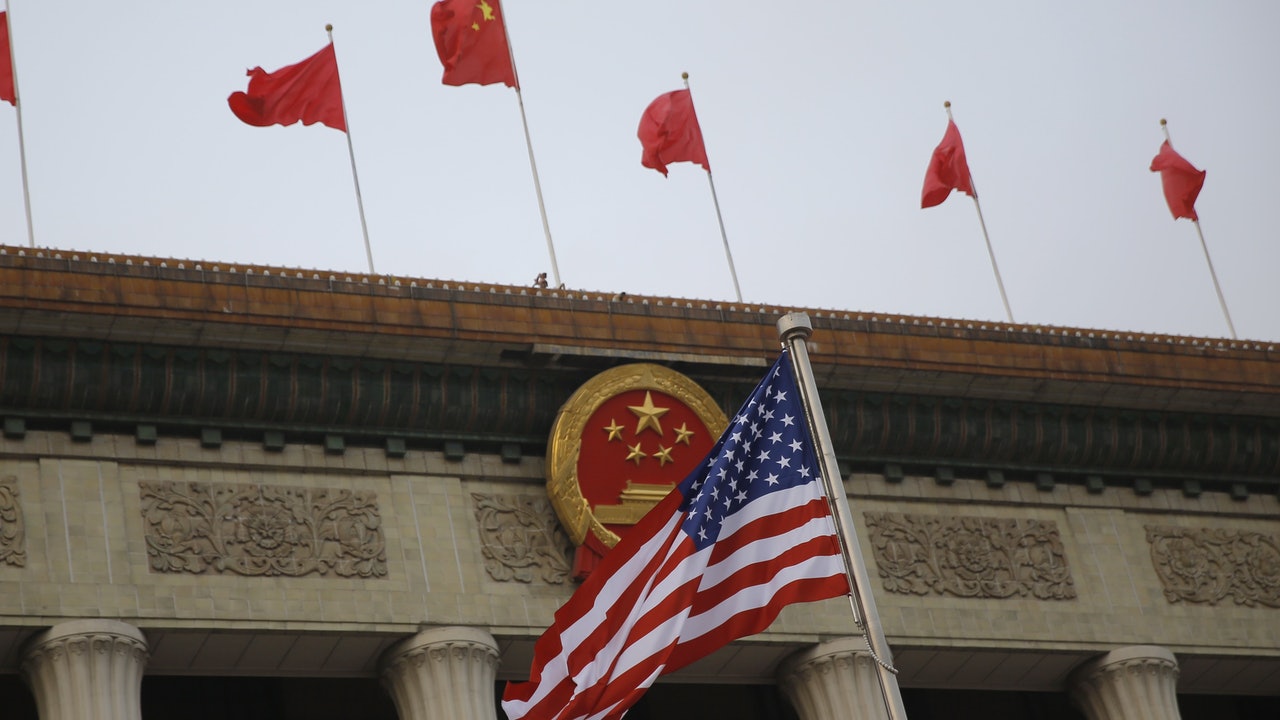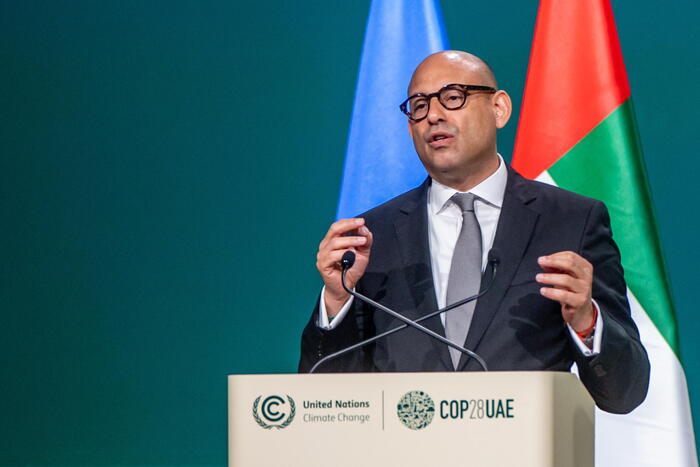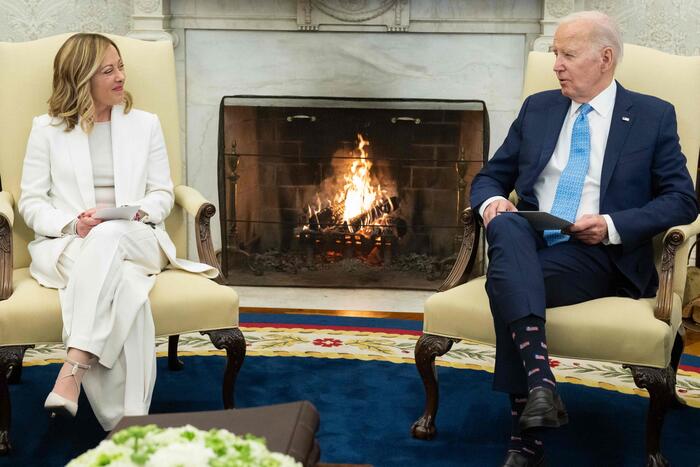On June 26, local time, U.S. President Joe Biden and other G7 leaders launched a project called "Partnership for Global Infrastructure and Investment" at their annual meeting in Bavaria, Germany. , PGII), the parties will raise $600 billion in private and public funds over five years to finance infrastructure development in developing countries.
This proposal against China has appeared in the Chinese public opinion field with a fatal flaw.
The reference news sponsored by Xinhua News Agency quoted a report curve on the website of the US Foreign Affairs magazine, criticizing the lack of persuasiveness of the US plan to the outside world.
The article quoted the website of the US "Foreign Affairs" magazine as saying that there is a huge gap between the US's infrastructure capabilities and China's.
China News Agency's media platform "Guo Shi Zhi Tong" raised the topic of whether the G7's "abacus" to check and balance China could start, and the answer given was that it might not be enough.
He Weiwen, a senior researcher at the Chongyang Institute for Financial Studies at Renmin University of China, said that since the construction of the Belt and Road Initiative, it has grown into an unshakable force for the G7 in four aspects: global governance system, participation, scale and effect.
In He Weiwen's words, the world's infrastructure construction market has basically been allocated, and Chinese companies account for about a quarter of the share. It is difficult for the G7 to open up major markets.
Along the "Belt and Road", China has a great advantage in Asia and Africa, and it is not easy for European and American companies to enter.
Under the interpretation of various reports, the "Global Infrastructure and Investment Partnership" plan may be the next unfinished project led by the United States after last year's "Build Back Better World". "In front of him is vulnerable.
In the reports of the Chinese media, Biden is a politician who makes frequent mistakes and lacks the style of a leader of a major country.
(AP)
Such rhetoric against the United States has not been uncommon in recent years.
In May, Biden visited Asia and announced the launch of the "Indo-Pacific Economic Framework" (IPEF).
Many Chinese-language media said that the "framework" is neither complete nor clear at the macro level. Faced with the reality of rising inflationary pressures and people's hardships, it may be powerless to spend real money and political capital to win over Asia.
Most of the U.S. moves to control China will be criticized as malicious in Chinese public opinion and predicted to be ineffective.
In short, the U.S. infrastructure initiative will not work, the Indo-Pacific economic framework is false, the Indo-Pacific strategy will inevitably fail, decoupling is a departure from the general trend of the world, and there is no way out and future for small circles.
There are many similar statements.
These claims are not without merit, as the U.S. proposal for an Indo-Pacific economic framework is really just a framework.
But on a closer look, the public opinion in mainland China has created a stupid and bad image of the United States: what is stupid is the policy launched by the elites in Washington, and experts and scholars can see the flaws and shortcomings at a glance.
The bad thing is that the U.S. imperialist will not die to China, and it will oppose China everywhere.
China's narrative toward the United States has rapidly developed from a part of liberals who worship foreign countries before the trade war to a comprehensive one that must be opposed to the United States and criticized when it is met by the United States.
Under the surging tide of nationalism, most people who dare to tell the truth choose to remain silent.
On the one hand, the providers and disseminators of information intentionally block positive information, and on the other hand, negative bias psychology helps people pay more attention to negative information and events.
Praise is meaningless if criticism is not free.
But if criticism is free, does praise make sense?
Not to mention praise, there are very few messages affirming the United States in the mainland public opinion field.
Favoring foreign countries has beaten countless liberals. The trade war and the epidemic have made the Chinese more confident, and few are willing to face the United States.
On June 19, the official website of the Chinese Ministry of Foreign Affairs published a 40,000-word article criticizing US Secretary of State Blinken's China policy speech.
(Screenshot from the website of the Chinese Ministry of Foreign Affairs)
Looking at the United States from the perspective of struggle and depicting the United States with a confrontational narrative, China, which is opposed to competition and confrontation, is being shackled by competition and confrontation.
It is wrong to praise and criticize the United States blindly. We should understand the United States from multiple cognitive levels.
If the Chinese people's perception of the United States is that the other side is stupid and bad, it will only cover their own eyes.
Figuring out logic is as important as negation, and if the clique doesn't work, why does the United States make alliances the cornerstone of its global presence?
Countless Chinese students flock to American institutions of higher learning to study. Are those Washington decision makers who graduated from Ivy League schools worthless?
If the United States is so unbearable, won't China win?
The game between China and the US is dangerous, and the road to China's rise will not be smooth sailing. What's the point of speaking badly about the US other than arrogance?
China does not lack people of insight who have a clear understanding of the United States.
Huawei is actively preparing for 5G competition and confronting US suppression, which does not prevent Huawei leader Ren Zhengfei from having a clear understanding of the United States.
After his inspection of the United States, he was deeply impressed by the down-to-earth, very dedicated and serious spirit of the Americans, the work style of excellence, and the lack of conservative academic atmosphere, and he believed that these are worth learning.
It is a pity that such rational voices are too few to change the overall trend of criticism and anti-Americanism.
G7 Summit | In 2021, B3W has disappeared without a trace. The global infrastructure initiative is accused of changing the soup but not the medicine. G7 pushes the global infrastructure plan.








